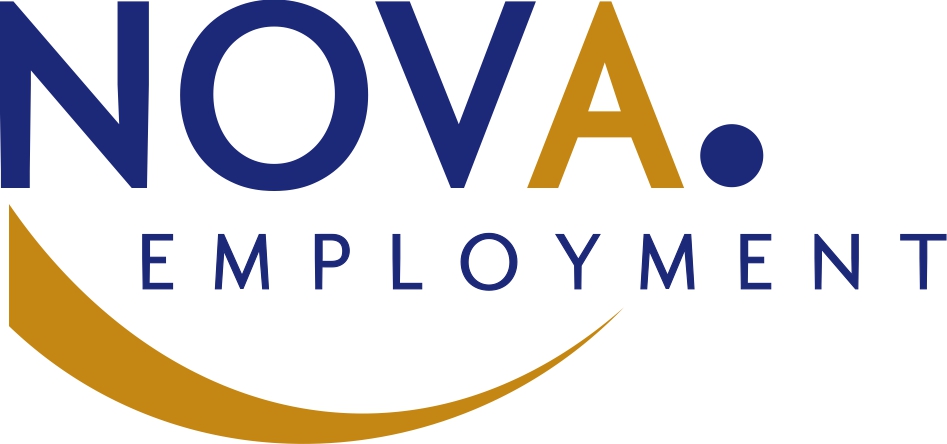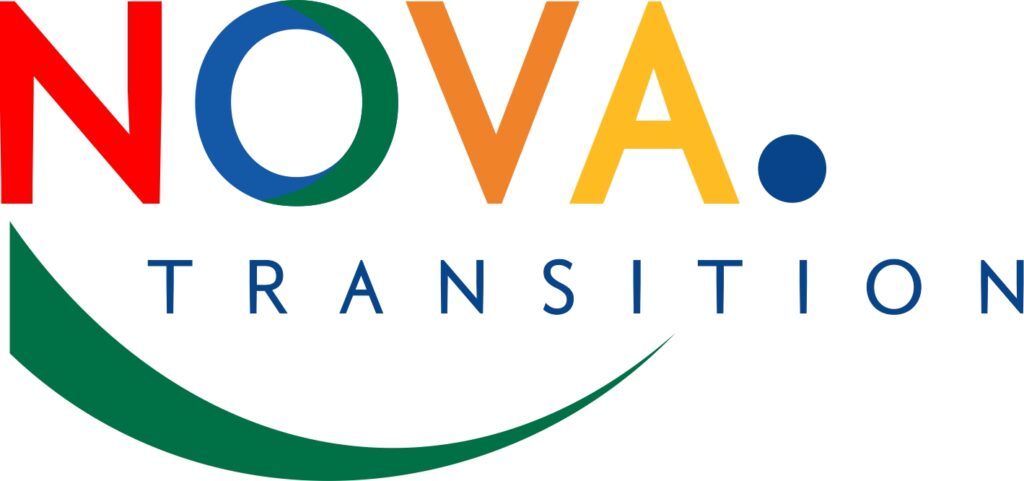Review
Australia’s $1bn disability employment service criticised over poor outcomes and reduced employment.
I’m never surprised by criticism of the Disability Employment Service (DES), nor should the poor outcomes come as a surprise. Collectively DES appears ineffective. In August of 2018 I wrote about the inevitability of failure from my first exposure to the proposed changes. Tragically, it was the same for the DES contract prior to last and the one before that and so on.
Where’s the world class, innovative disability employment program (and we truly were) gone?
Since I am, these days at least, too old to get wound up and anyway, I have promised those that love me I won’t rant. I will restrict my comments to stating once more; things could be so much better!
1. Copy what works – have service provision modelled around the practices of providers with high performance records and act quickly to correct service delivery problems – presently, it takes up to 2 years before underperformance is corrected – if at all, and it is perfectly possible to operate a non-performing program for length of contract.
(Side note: I remember reading some numbers that suggested if you followed the unassisted progress of 100 randomly selected jobseekers with disability over a 12 month period 37 would gain work. – Can’t find a reference for this and happy to be corrected)
Poorer performing DES providers operate programs that struggle to get 30% outcomes suggesting folk would be better off without ‘support’!)
2. Measure what makes a difference and don’t worry about the minutiae. – I repeat my comments about the importance of building decent career foundations through a mixture of formal and on the job training through Apprenticeships & Traineeships
The present DES contract recognises these roles if they are part of initial employment negotiation but not if workers that take up role at a later date. Almost 15% of all NOVA jobs include a formal training component for which we get precisely no recognition. Don’t want any more money, just think it would be nice and encourage other would be candidates to see that DES isn’t about picking up on the low hanging fruit.
Another anomaly occurs when a service does well working with harder to place individuals. The system penalises high performance interpreting success as indicating easy – this worker got better than award conditions, therefore they must have faced lesser barriers.
Before we change the DES program we need to look at what works and try to understand why, spot the difference between ideal and actual and create a contract that encourages genuine quality in terms of hours worked, wages paid and other things that make for meaningful outcomes.
Happy to expound!




